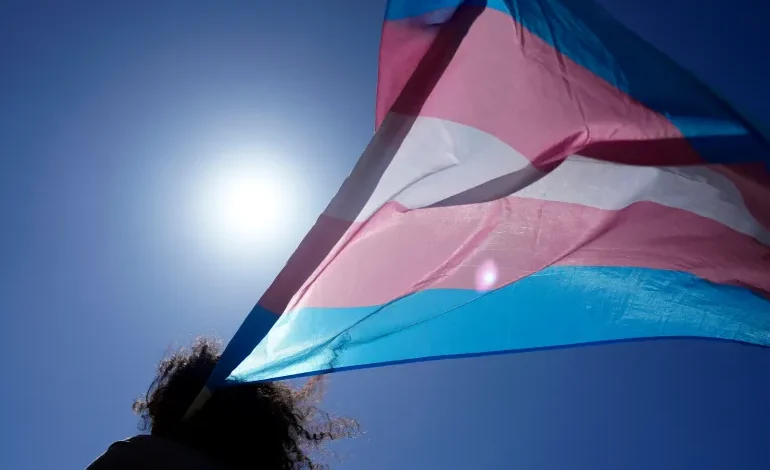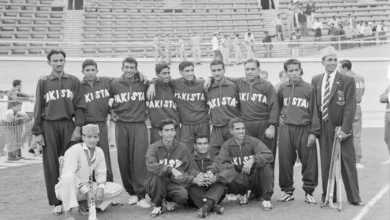In Australia, women-only app becomes latest front in war over trans rights

Sall Grover says she did not think twice when she blocked Roxanne Tickle, a transgender woman, from her Australian-based women-only app Giggle for Girls.
“It did not register, as we get men trying to enter all the time. Mr Tickle passed our AI facial recognition test, which was deliberately set at 94 percent accuracy, meaning that some men will get through,” Grover, who refuses to refer to transgender women as women, told Al Jazeera.
“The rest we remove manually.”
“When he contacted me by phone and I heard a man’s voice, I hung up, but again, this was not unusual,” Grover added.
Grover’s decision to restrict her app to “cisgender” women – women whose birth sex aligns with their gender identity – has not only put her at the centre of the culture war over gender, but in the legal crosshairs as well.
As someone who identifies as a woman, Tickle argues that she is legally entitled to use services meant for women and has been discriminated against on the basis of gender identity.
In a case being watched around the globe, Tickle is suing Grover under Australia’s Anti-Discrimination Act, relying on a 2013 amendment that added gender identity to the list of protected categories.
At stake are contested definitions of sex and gender and, ultimately, the very question of what it means to be a woman.
For trans activists, a ruling in favour of Tickle, who is seeking 200,000 Australian dollars ($128,320) in compensation, would be a vindication of their long struggle to be treated just like other women.
For so-called gender-critical feminists, a win for Grover would affirm the need for female-only spaces that take into account the essential differences between men and women.
Grover created Giggle in 2020 upon returning to Australia after a stint working as a screenwriter in Hollywood, where she says persistent social media abuse by men landed her in therapy.
“I wanted to create a safe, women-only space in the palm of your hand,” Grover who spent 500,000 Australian dollars ($320,800) on building the site, said.
As far as Grover is concerned, “women-only” spaces should not include trans women like Tickle.
Tickle, who has undergone vaginal and labial surgery and changed her sex to female on her birth certificate, joined the app in 2021 after her application was accepted by gender recognition software designed to screen out men.
Tickle’s account was restricted about six months later after manual screening.
“The evidence will show that Ms Tickle is a woman,” Tickle’s barrister Georgina Costello told the court, according to local media reports.
“She perceives herself as a woman. She presents herself as a woman.”
Costello also told the court that Grover had mounted a “global campaign” against Tickle, including persistently misgendering her in public statements and selling offensive merchandise featuring her image.
“We say because of the way Grover views transgender women, she was unable to see that a transgender woman is a woman,” Costello said.
Tickle’s lawyers did not respond to a request for comment.
Hilary Kincaid, principal solicitor at Sydney firm Kincaid Legal, said the case is complicated for multiple reasons apart from its contentious subject matter.
“It would be far more clear cut if there were physical premises,” Kincaid told Al Jazeera.
Kincaid said Australia’s arcane laws and regulations for community and sporting clubs will be among the relevant considerations in the case.
“Speaking very generally, you can exclude someone from private premises, depending on the terms of the admission,” she said.
“So if there’s a sign up in a club, saying you have the right to refuse admission at the club’s discretion, that can be allowed.”










